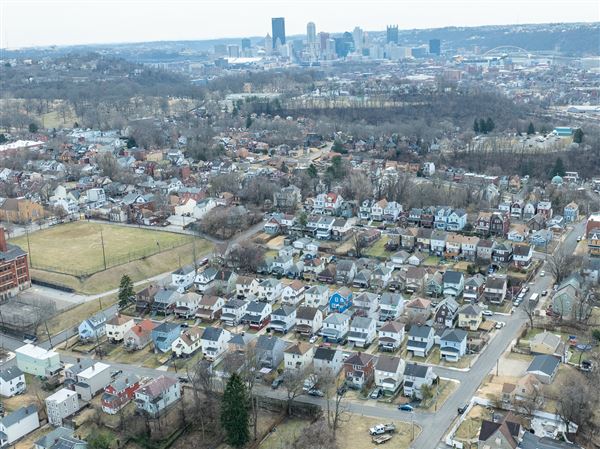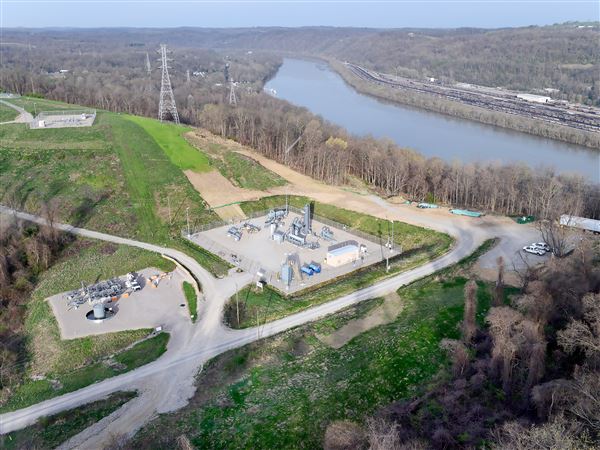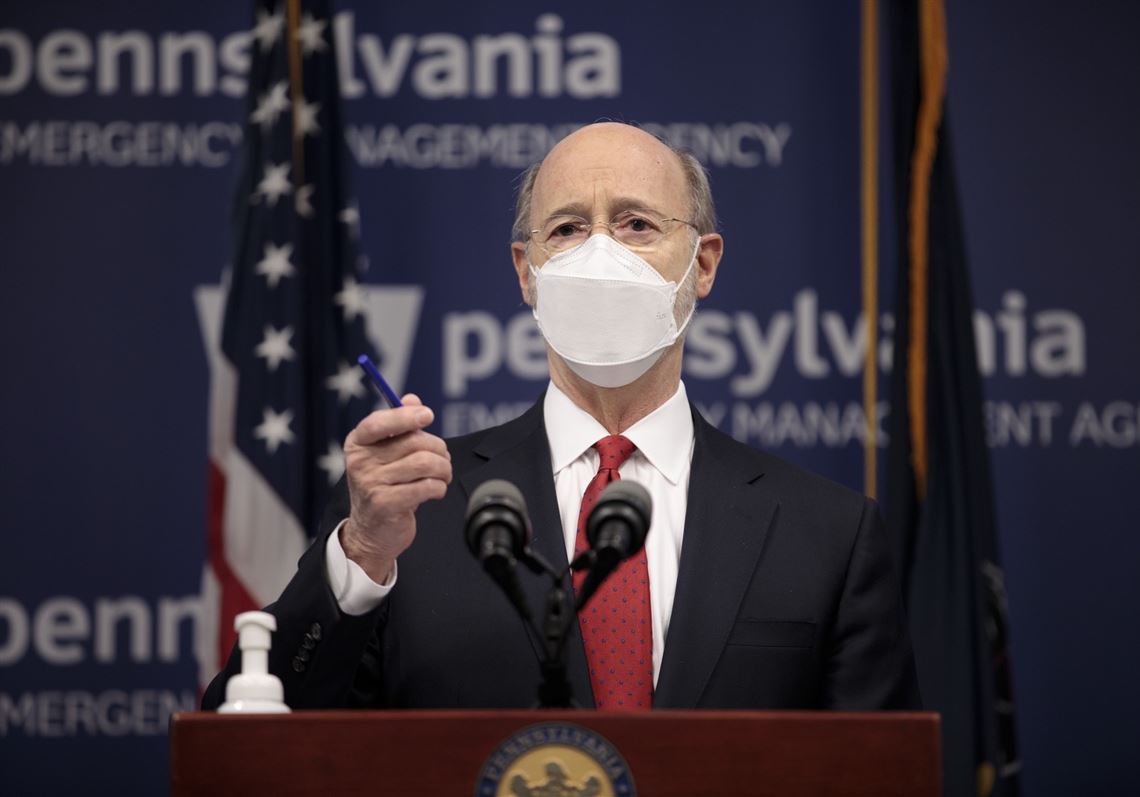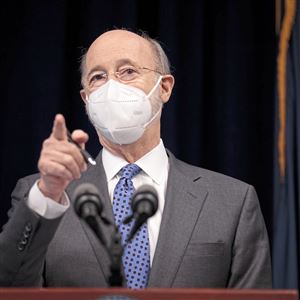Gov. Tom Wolf on Friday unveiled a plan for charter school law reform that he said would save school districts across the state about $229 million per year.
The proposal includes changes to how the special education funding formula is applied, clarifying the process that takes place when there is a dispute between a district and a charter on tuition payments, and implementing a cyber charter tuition cap.
“Pennsylvania’s charter school law, passed in 1997, established public charter schools with greater flexibility to support innovation in partnership with the public education system,” the governor’s office said. “Since then, some charters have strayed from this original purpose and engaged in questionable operational practices and poor academic performance.”
Charter school law reform is part of Mr. Wolf’s 2021 legislative agenda that also has several other major education proposals, including investing $1.3 billion in public schools through tax increases and revising the state’s existing funding formula.
The governor said his charter school law reform would save Pennsylvania school districts an estimated $229 million a year that could be reinvested into students and educators. The proposals, the governor’s office said, would promote innovation and choice in the charter sector while holding charter schools accountable for their academic performance and financial management.
The governor said school districts in the state could save $99 million annually if the commonwealth begins applying the special education funding formula to all charter schools.
School districts now receive funding for special education students through a four-tiered formula, with funding growing as a student’s need for services increases. Charters, however, receive special education tuition payments based on the “outdated assumption” that all school districts have a special education population of 16%, regardless of the level of student need, the governor’s office said.
“The governor’s plan applies the four-tiered special education funding formula to all charters to better align special education funding with actual costs of providing services to special education students,” the governor’s office said. “This was a recommendation from the bipartisan Special Education Funding Commission and will save school districts an estimated $99 million annually.”
Establishing a statewide cyber charter tuition rate could save school districts another $130 million per year, according to the governor’s office.
Mr. Wolf proposed implementing a statewide cyber tuition rate of $9,500 per student per year, which he said would better align tuition with the actual costs of providing online education.
“Currently, cyber charter schools in Pennsylvania charge school districts between $9,170 and $22,300 per student per year,” the governor’s office said. “For comparison, the typical tuition rates an intermediate unit charges to provide a comparable online education is around $5,400 per student per year.”
The governor also wants to update the process that charters use when they have a financial dispute with a school district.
When a district does not pay the tuition for its students who choose to attend a charter school or there is a dispute between a district and a charter on tuition payments, charters can petition the state Department of Education to reconcile the dispute through the redirection process.
The governor’s office said the plan would provide clarification on the redirection process, including the basis for reported expenditures and the deductions included in the tuition rate calculation.
Charter school advocates immediately pushed back against the governor’s proposals.
The Pennsylvania Coalition of Public Charter Schools called Mr. Wolf’s plan an “attack on Pennsylvania’s public charter schools” that would cut $299 million from charter school students.
“Pennsylvania families across the commonwealth are enjoying their lawful rights to enrolling their children in public charter schools,” said Lenny McAllister, CEO of the PCPCS. “The General Assembly created charter schools 24 years ago to be a public alternative to school districts for families who couldn’t afford the educational choices available to those with the resources to pay for it. The governor wants to slash funding and limit these options for our state’s neediest families to benefit his political allies.”
Charter school tuition is among the top expenses for school districts. For example, the Pittsburgh Public Schools was expected to pay more than $100 million, or about 15% of its 2021 operating budget, on charter school expenses. That’s the most the district will spend on any one area except for staff salaries and benefits.
Pennsylvania students have flocked to charter schools — particularly cyber charters — amid the COVID-19 pandemic, which will cause those expenses to increase for nearly every school district in the state.
Public school advocates have sought charter school funding reform for years, but the Republican-led state Legislature has not allowed any significant changes.
State Senate President Pro Tempore Jake Corman, R-Centre, said the governor’s plan was “tone-deaf” to the needs of parents and students.
“Today, the governor double-downed on his budget-day promise to slash funding for charter school students — $229 million — and limit school choice for families at a time when hundreds of school districts remain closed and students fall further behind,” Mr. Corman said in a statement. “It is clear that the governor's proposal is not based on what the parents and students in Pennsylvania want and need.”
Susan Spicka, executive director of Education Voters of PA, a public education policy and advocacy organization, said the “commonsense” reforms proposed by the governor would reduce wasteful spending on cyber charter schools and eliminate the profit that charters make off of payments for students with disabilities.
“Gov. Wolf’s proposed changes to Pennsylvania’s charter school law are welcome, necessary, and long overdue,” Ms. Spicka said in a statement. “In 2020-2021, Pennsylvania taxpayers will spend more than $2.5 billion on charter school tuition bills, including an estimated $980 million that will be sent to cyber charter schools. Because the state provides no subsidy to school districts for charter school expenditures, these costs will largely be paid for by property tax dollars.”
Andrew Goldstein: agoldstein@post-gazette.com.
First Published: February 26, 2021, 6:16 p.m.

















